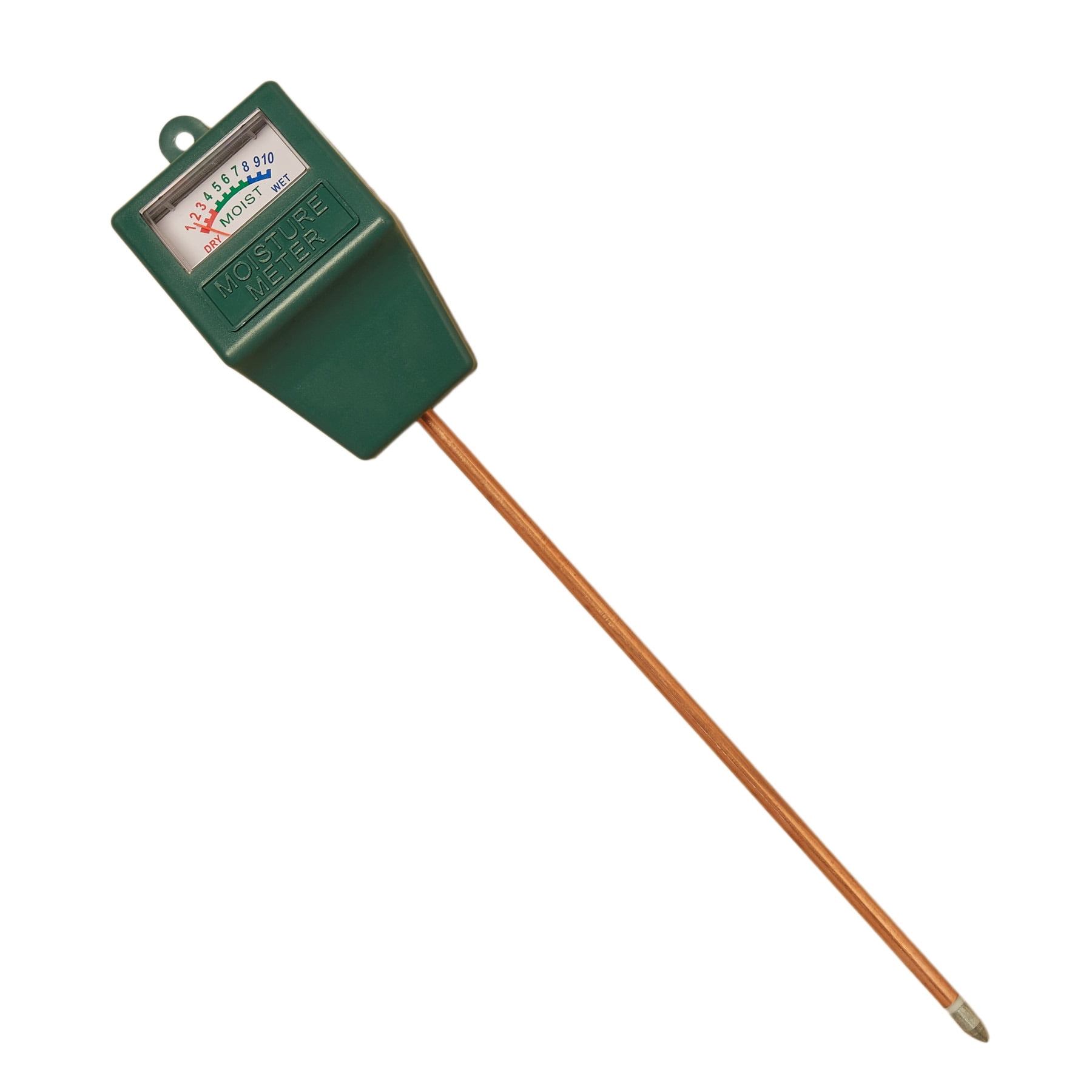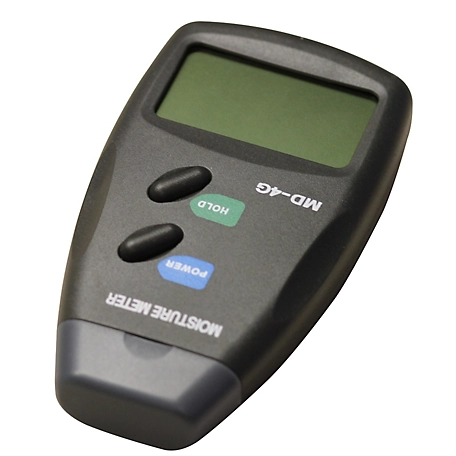Top 10 Benefits of Using a Moisture Meter for Definite Measurements in your house
Wiki Article
The Ultimate Guide to Moisture Meters: A Comprehensive Overview and Exactly How They Can Conserve You Money
Moisture meters offer as essential devices in discovering and keeping track of moisture web content in materials, helping in protecting against costly problems and making sure the high quality of products. Recognizing the nuances of different types of wetness meters, their applications, and the potential cost-saving benefits they supply can be a game-changer for organizations and specialists alike.Kinds Of Moisture Meters
Different kinds of dampness meters are available for various applications in numerous industries. One typical kind is the pin-type wetness meter, which measures the electric resistance in between 2 pins inserted right into a product. This type is appropriate for wood, drywall, and various other structure products. Pinless dampness meters, on the other hand, use electromagnetic sensor plates to scan a bigger area without triggering damages to the material's surface area. Moisture Meter. These meters are suitable for rapidly analyzing moisture degrees in big locations such as floorings and walls.
Infrared wetness meters gauge the thermal residential or commercial properties of a product to identify its dampness web content non-invasively, making them useful for applications where pin or pinless meters may not be appropriate. Recognizing the different types of wetness meters readily available can aid sectors pick the most ideal tool for their particular dampness measurement needs.

Benefits of Using Moisture Meters
Wetness meters offer indispensable advantages in precisely keeping an eye on and assessing wetness levels in varied materials and settings. One of the key benefits of using moisture meters is the prevention of potential damages triggered by excess moisture.
In addition, using dampness meters can result in enhanced power performance. By determining locations with high dampness degrees, such as leakages or inadequate insulation, changes can be made to enhance power conservation and reduce energy costs. In farming settings, dampness meters play an important duty in enhancing crop yields by making it possible for farmers to keep an eye on dirt moisture degrees and make educated watering decisions. In general, the advantages of utilizing moisture meters extend across different markets, supplying affordable remedies and advertising better quality assurance methods.
How to Choose the Right Moisture Meter
When selecting a wetness meter, it's necessary to make look at this now sure that the meter is appropriate for the specific material you will be testing. Various materials have varying electrical residential properties that can influence wetness readings, so choosing a meter designed for your material is critical for accurate results. By carefully evaluating these factors, you can select a moisture meter that fulfills your requirements and offers accurate moisture dimensions for your tasks.Proper Methods for Moisture Meter Use

Expense Cost Savings With Dampness Meter Applications
Just how can the strategic usage of dampness meters lead to considerable price savings throughout various sectors? In the farming sector, dampness meters help in identifying resource the ideal time for harvesting plants, protecting against excess or over-drying dampness that can affect the final item's high quality.
Similarly, in construction, dampness meters aid stop expensive problems by detecting moisture levels in building products, such as wood or concrete, which can bring about structural problems if not addressed promptly. By determining problem locations early, service providers can take corrective measures to prevent extensive fixings or substitutes, eventually conserving money and time.
In addition, in the food handling market, moisture meters are crucial for keeping an eye on item high quality and making certain conformity with security policies. By accurately measuring wetness material in foodstuff, manufacturers can protect against wasting, maintain quality, and decrease waste, resulting in considerable expense savings. On the whole, the critical application of wetness meters is an important investment that can bring about substantial cost reductions and enhanced effectiveness throughout numerous industries.
Conclusion
Finally, wetness meters are beneficial tools for discovering and determining dampness levels in various products. By utilizing the ideal dampness meter and following appropriate strategies, users can properly avoid expensive problems caused by excess dampness. Purchasing a top quality dampness meter can bring about significant expense financial savings over time by recognizing prospective concerns early and enabling punctual remediation. Ultimately, wetness meters are important instruments for preserving the honesty and long life of products and frameworks.Dampness meters offer as vital tools in detecting and keeping an eye on moisture material in products, assisting in preventing costly problems and guaranteeing the top quality of products. Infrared moisture meters measure the thermal residential properties of a material to determine its moisture material non-invasively, making them useful for applications where pin or pinless meters might not be appropriate.Wetness meters offer important benefits in properly resource checking and assessing moisture degrees in diverse products and atmospheres. In farming setups, moisture meters play a critical function in optimizing crop returns by making it possible for farmers to check dirt dampness degrees and make notified watering choices.In verdict, moisture meters are useful tools for measuring and discovering wetness degrees in different products.
Report this wiki page